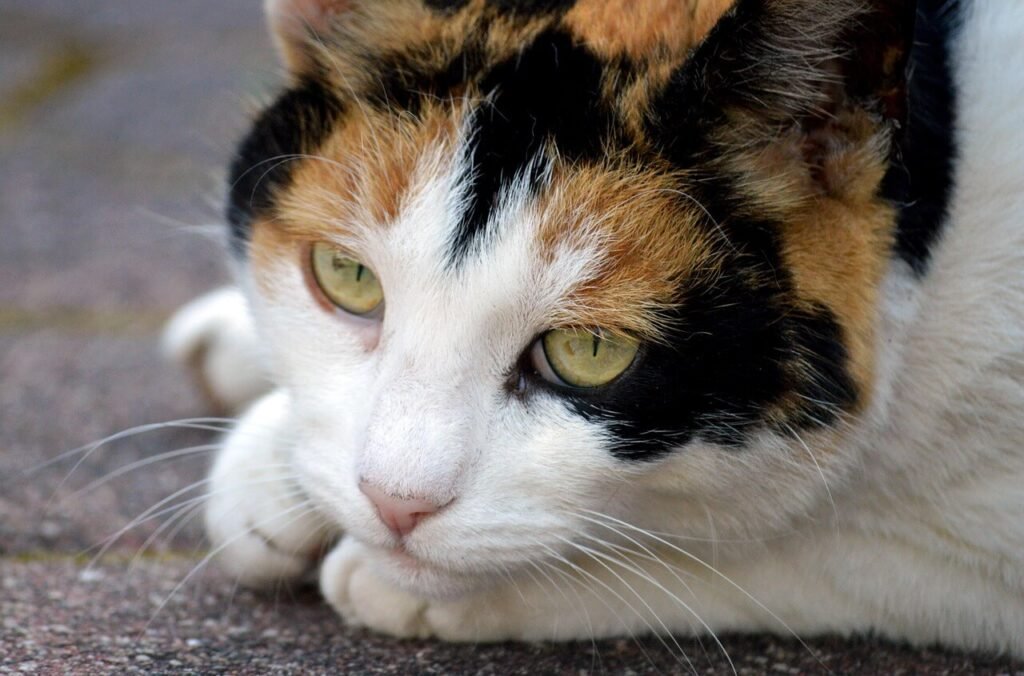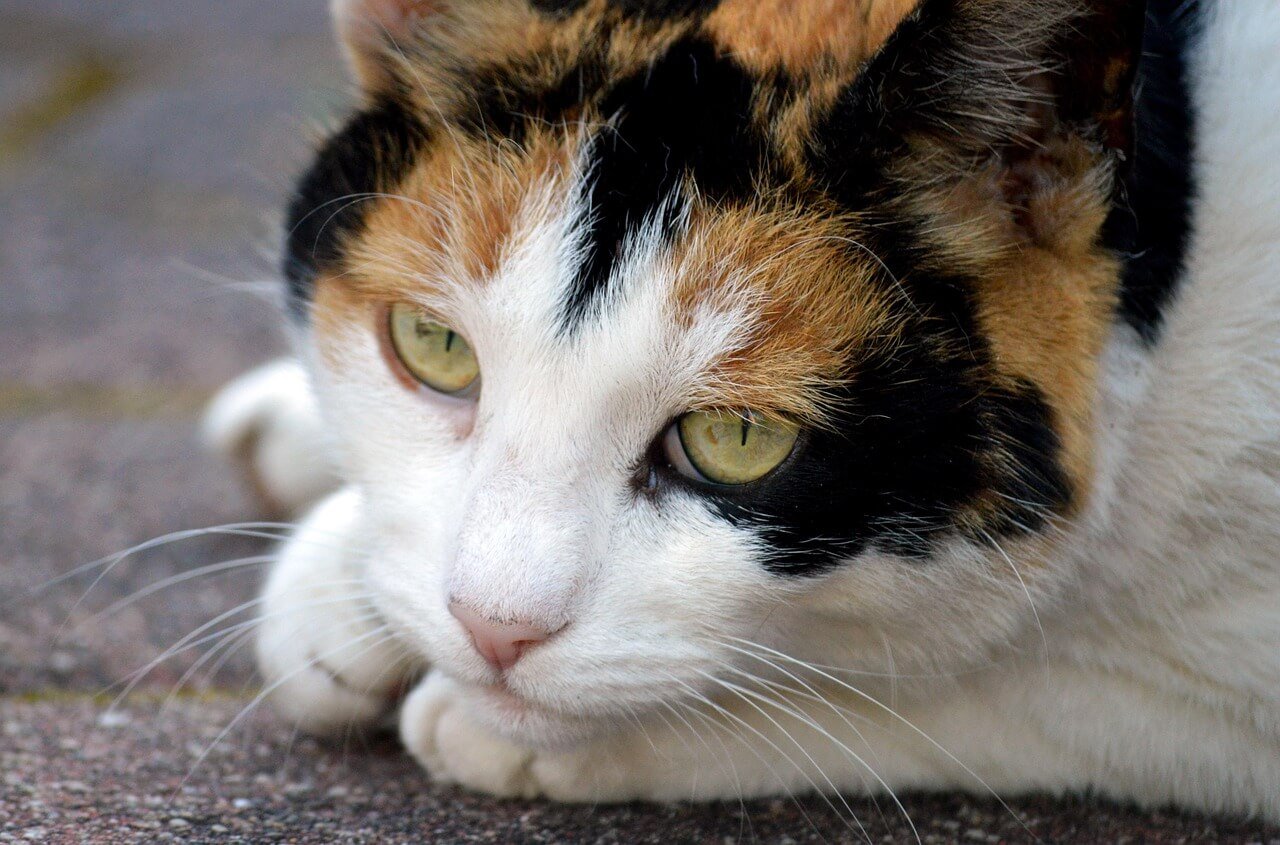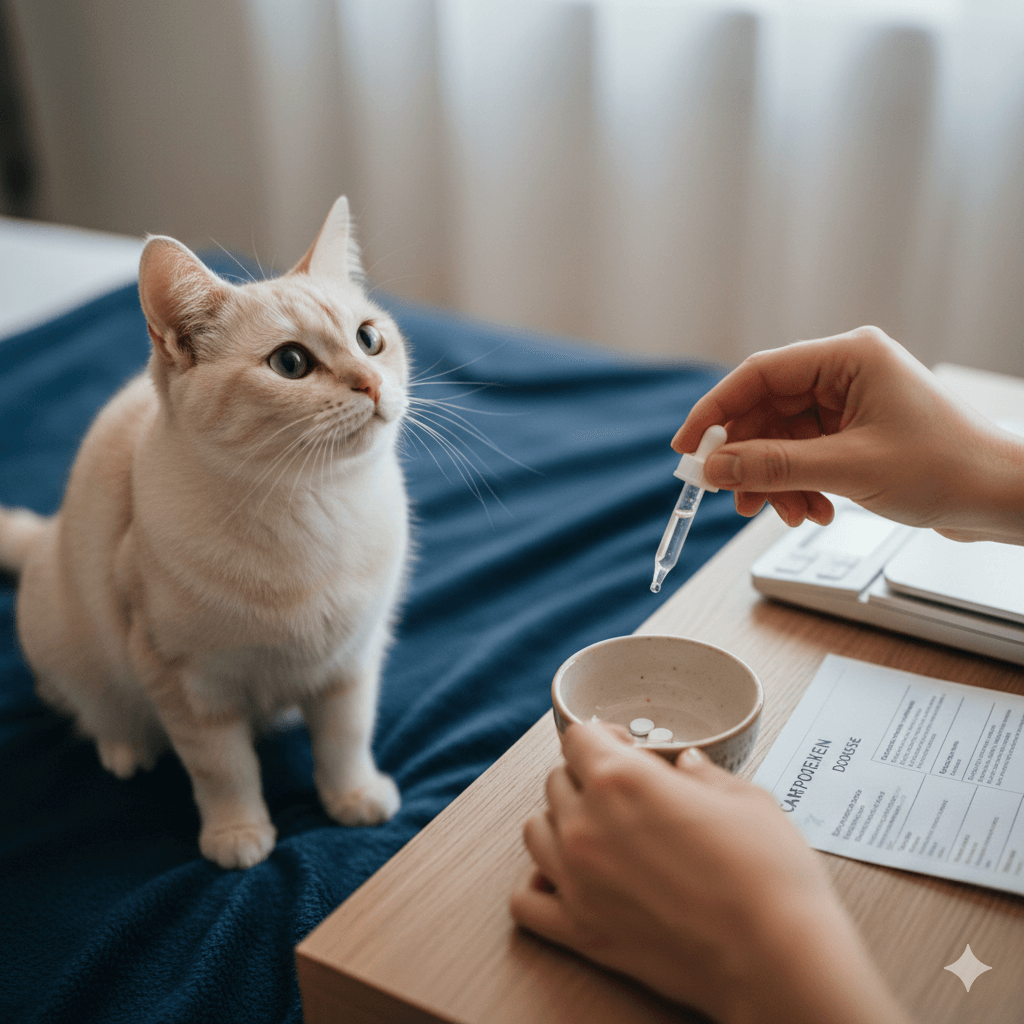Can I Shave My Cat to Get Rid of Fleas?
Fleas are a common nuisance for cat owners, causing discomfort and irritation for both pets and humans alike. When faced with a flea infestation, some owners consider shaving their cat as a quick solution to the problem. After all, removing fur might seem like an easy way to eliminate fleas and make treatment more effective. However, shaving your cat is not always the best—or safest—approach to flea control. Understanding the pros, cons, and alternatives can help you make an informed decision that prioritizes your cat’s health and well-being. In this blog post, we’ll explore whether shaving your cat is truly necessary and provide expert advice on managing flea infestations effectively.
Why Shaving Your Cat Isn’t Always the Best Solution
While shaving your cat might seem like a logical step in flea removal, it comes with several drawbacks that could harm your pet rather than help them. Here’s why this approach may not be ideal.
Fleas Thrive Close to the Skin:
Fleas live near the skin, feeding on your cat’s blood. Shaving doesn’t remove these pests directly and may leave them untouched beneath the surface.Risk of Skin Irritation:
Cats’ skin is sensitive, and shaving can cause irritation, cuts, or even infections if not done properly.Loss of Natural Protection:
A cat’s fur provides insulation and protection from the elements. Shaving removes this barrier, leaving your cat vulnerable to sunburn or temperature extremes.Stress for Your Cat:
Many cats find grooming and handling stressful, and shaving can exacerbate anxiety, especially if they’re already uncomfortable due to fleas.Ineffectiveness Against Flea Eggs:
Flea eggs often fall off into the environment, meaning shaving won’t address the root cause of the infestation.
Shaving your cat may seem like a shortcut, but it fails to tackle the real issue and could create additional problems for your feline friend.
Safer Alternatives to Shaving for Flea Control
Instead of shaving your cat, there are safer and more effective ways to manage flea infestations. These methods target fleas at every stage of their life cycle while keeping your cat comfortable.
Topical Flea Treatments:
Prescription or over-the-counter topical solutions kill fleas on contact and prevent reinfestation when used regularly.Oral Medications:
Chewable tablets or oral drops provide fast-acting relief by targeting fleas internally without requiring external applications.Flea Combs:
Fine-toothed flea combs physically remove adult fleas and their eggs from your cat’s fur during grooming sessions.Environmental Cleaning:
Washing bedding, vacuuming carpets, and using flea sprays or foggers in your home eliminates fleas hiding in the environment.Regular Preventative Care:
Monthly flea prevention treatments ensure your cat stays protected year-round, reducing the likelihood of future infestations.
These alternatives address the flea problem comprehensively, ensuring long-term results without compromising your cat’s comfort or health.
Check this guide 👉Can I Shave My Cat? Best 7 Expert Tips!
Check this guide 👉How to Shave a Cat: Best 7 Expert Grooming Tips!

Pros of Shaving a Cat | Cons of Shaving a Cat |
|---|---|
Easier access to the skin for treatment | Risk of skin irritation or injury |
Temporary relief from matting or debris | Loss of natural insulation and protection |
May reduce visible flea dirt | Stressful experience for most cats |
Helps identify skin conditions | Doesn’t eliminate fleas or eggs |
Can improve hygiene in extreme cases | Requires professional grooming expertise |
When Shaving Might Be Necessary (Rare Cases)
While shaving isn’t typically recommended for flea control, there are specific scenarios where it might be necessary for your cat’s health.
Severe Matting:
Cats with heavily matted fur may require shaving to remove tangles and allow proper flea treatment application.Skin Conditions:
Certain skin issues, such as infections or hot spots, may necessitate shaving to facilitate healing and medication absorption.Excessive Flea Dirt Buildup:
In rare cases, excessive flea dirt embedded in the fur might warrant shaving for thorough cleaning.Veterinary Recommendation:
Your vet may suggest shaving if it’s deemed medically necessary for your cat’s condition.Long-Haired Breeds:
Long-haired cats prone to frequent tangles or flea infestations might benefit from a trim to simplify grooming and maintenance.
Even in these cases, shaving should only be performed by a professional groomer or veterinarian to minimize risks.
Signs Your Cat Has Fleas (Beyond Itching)
Detecting a flea infestation early makes treatment easier and prevents further complications. Look out for these signs beyond the obvious scratching.
Excessive Grooming:
Cats may lick or bite themselves excessively in an attempt to relieve flea bites.Red Bumps or Scabs:
Flea bites often cause small red bumps or scabs, especially around the neck and base of the tail.Visible Fleas or Flea Dirt:
Check your cat’s fur for tiny black specks (flea dirt) or actual fleas moving through their coat.Hair Loss:
Persistent scratching can lead to patches of hair loss, indicating prolonged flea activity.Behavioral Changes:
Restlessness, irritability, or lethargy may signal discomfort caused by fleas.
Recognizing these symptoms early allows you to take action promptly, protecting your cat from further distress.
Common Mistakes to Avoid During Flea Treatment
Treating fleas requires careful attention to detail. Avoid these common mistakes to ensure success and protect your cat.
Using Dog Products on Cats:
Flea treatments designed for dogs can be toxic to cats. Always use products specifically formulated for felines.Neglecting the Environment:
Focusing solely on your cat ignores the fact that fleas thrive in carpets, bedding, and furniture. Clean thoroughly to break the cycle.Skipping Preventative Measures:
Waiting until an infestation occurs is risky. Regular preventative care stops fleas before they become a problem.Overbathing Your Cat:
Frequent bathing can dry out your cat’s skin and strip away essential oils, making them more susceptible to irritation.Not Following Instructions:
Misusing flea treatments can render them ineffective or harmful. Always follow product guidelines carefully.
Avoiding these pitfalls ensures a smoother and more successful flea treatment process.
Tips for Keeping Your Home Flea-Free
Preventing fleas from returning involves maintaining a clean and flea-resistant environment. Follow these tips to keep your home safe for your cat.
Wash Pet Bedding Weekly:
Hot water kills fleas and their eggs, preventing reinfestation.Vacuum Frequently:
Vacuum carpets, rugs, and upholstery to remove flea eggs and larvae. Dispose of the vacuum bag immediately after use.Use Flea Sprays or Foggers:
Treat your home with vet-recommended flea sprays or foggers to eliminate hidden pests.Limit Outdoor Access:
Restricting outdoor time reduces the chances of your cat picking up fleas from other animals.Inspect Regularly:
Check your cat’s fur and skin routinely for signs of fleas or flea dirt.
By combining flea treatments with a clean home, you create a healthier environment for your cat.
Understanding Your Cat’s Reaction to Fleas
Cats respond differently to flea infestations based on their personality, age, and overall health. Recognizing their reactions helps you address the issue compassionately.
Increased Aggression:
Flea bites can make normally docile cats irritable or aggressive due to constant discomfort.Lethargy and Fatigue:
Severe infestations may drain your cat’s energy, leading to unusual tiredness or lack of interest in activities.Allergic Reactions:
Some cats develop flea allergy dermatitis, which causes intense itching and inflammation from just a few bites.Hiding Behavior:
Cats may retreat to quiet spaces to avoid interaction, signaling their discomfort.Changes in Appetite:
Flea-related stress can affect eating habits, resulting in decreased appetite or refusal to eat.
Understanding these behaviors enables you to provide timely care and alleviate your cat’s suffering effectively.
Frequently Asked Questions About Fleas and Shaving Cats
Does shaving my cat get rid of fleas?
No, shaving alone doesn’t eliminate fleas. It must be combined with proper flea treatments to address the infestation fully.
Can I shave my cat at home?
It’s not recommended unless you have professional grooming tools and experience. Improper shaving can harm your cat’s skin.
How do I treat my cat for fleas safely?
Use vet-approved topical treatments, oral medications, or flea combs, and clean your home thoroughly to remove fleas from the environment.
What happens if I shave my cat too short?
Shaving too short increases the risk of sunburn, skin irritation, and exposure to temperature extremes.
Are flea collars effective for cats?
Some flea collars work well, but their effectiveness varies. Consult your vet before choosing one for your cat.
Prioritizing Your Cat’s Comfort and Health
While shaving your cat might seem like a straightforward solution to flea problems, it’s rarely the best option. Instead, focus on proven flea treatments and preventative measures that keep your cat healthy and happy without unnecessary stress. By understanding the risks and alternatives, you can make decisions that prioritize your feline companion’s well-being. Remember, your veterinarian is always the best resource for personalized advice tailored to your cat’s unique needs. With the right care, you can banish fleas and restore peace to your home—and your cat’s life.
Dog Seizure Symptoms: Best 7 Expert Tips! – Learn to spot signs, respond effectively, and manage seizures in dogs for a healthier, happier life.
Carprofen Dosage for Cats: Best 7 Expert Tips! – Learn safe dosing, risks, and alternatives to manage pain and inflammation in cats effectively.
Africanis Dog Breed: Best 7 Expert Tips! – Explore the resilience, loyalty, and adaptability of this ancient African breed, perfect for diverse lifestyles.
Cruciate Ligament Injury Symptoms in Dogs: Best 7 Tips! – Discover key signs like limping, swelling, and joint instability to ensure prompt treatment.





